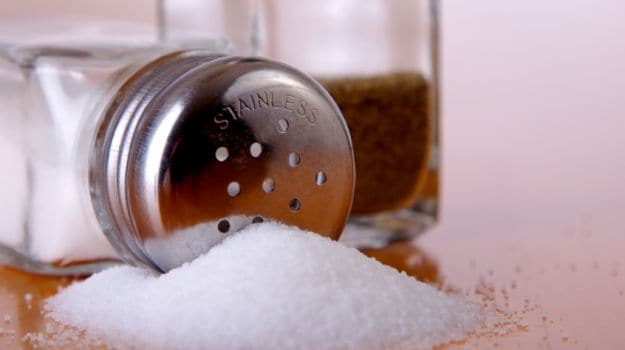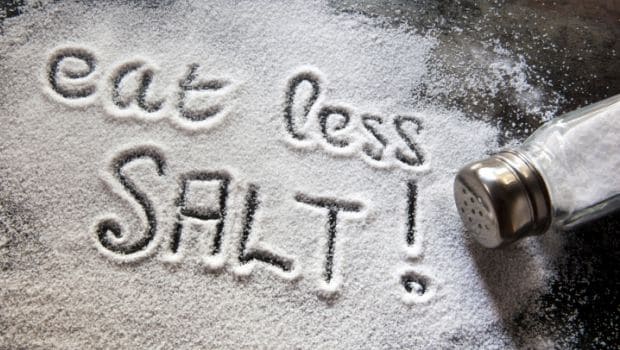Conducted by George Institute of Global Health (GIGH), the study was published in The Journal of Hypertension. Doctors have for long discussed and advocated against the excess intake of Salt. Too much salt in your body can lead to a High Blood pressure, which in turn can cause several other heart-related diseases.

The WHO believes that high sodium consumption (more than 2 gm of sodium which is equivalent to 5 gm salt per day) and insufficient potassium intake (less than 3.5 gm per day) contribute to high blood pressure and increase the risk of heart disease and stroke.
Dr Sanjay Kalra, Consultant Endocrinologist, Bharti Hospital, Karnal, and Vice President, South Asian Federation of Endocrine Societies, said, "Processed and fast foods have become the norm since they are easier to make and carry, and consume. Consumption of pulses, fruits and vegetables has reduced." "A processed food diet is full of sugar, harmful fats, and excess salt leading to conditions such as high blood pressure, obesity, and cardiovascular diseases.
High blood pressure can also lead to kidney failure by causing extra strain on the arteries," he added. The study also notes that every measure of salt intake made in India except one has provided an estimate above the WHO-recommended maximum consumption level of 5 gm/day. The best estimate obtained by this meta-analysis suggests that average salt intake in India is double the recommended maximum level. Another study - published in the British Medical Journal - has shown that a government-supported national policy on reducing sodium intake by 10 per cent over 10 years can help reduce the burden of several lifestyle disorders including hypertension and heart disease.

Dr K K Aggarwal, National President, Indian Medical Association (IMA), said "While sodium is needed by the body in certain amounts, an excess of it is very harmful. Excess salt is directly related to blood pressure. Increase in salt consumption raises the sodium level, thereby increasing blood pressure." "It can also double the risk of cardiovascular diseases such as coronary heart disease, heart failure, and strokes.So it's about time you started keeping a strict check on your salt intake.








